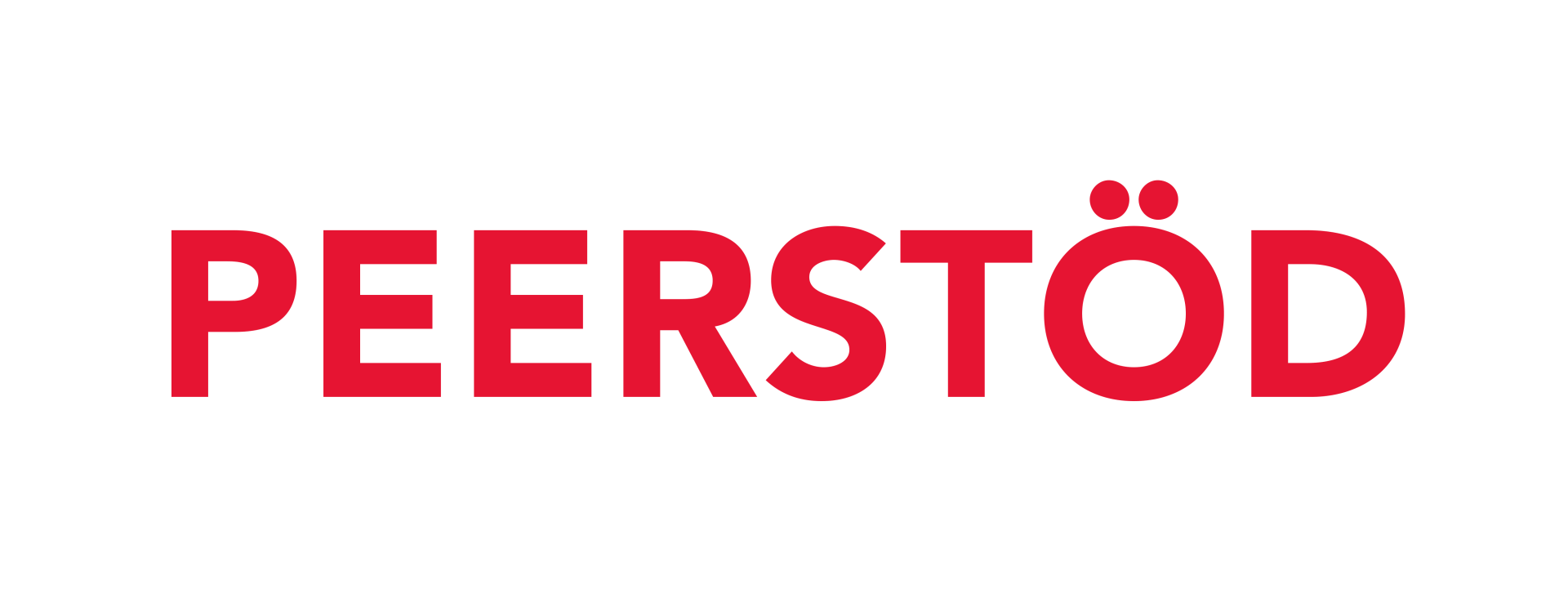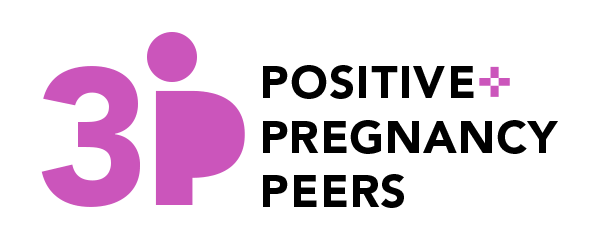You do not have to tell your classmates, teachers or other school staff that you are living with HIV.
Counsellors, midwives and nurses at school and youth clinics have a duty of confidentiality and cannot pass on information about your HIV status if you tell them.
If you are treated badly at school by staff or other pupils, then this can entail bullying and, in some cases, this is a criminal offence. Even when it is not a crime, it should not take place in a school. If you have confidence in an adult at the school, then you can talk to that person. This could be your teacher, but it could also be someone else who works at the school that you feel secure with. The school has a responsibility to ensure that bullying does not occur and if it is the type of bullying that is a crime, then the school should report it to the police. You can also talk to a parent. If you don’t want to talk to an adult you know, you can talk to a counsellor at your infection clinic. If you want to talk to someone quickly, then you can contact Bris. You can call or chat with a Bris counsellor at any time of the day or night and you can remain anonymous.
Your parent or guardian has access to your medical records and can make medical appointments for you until you reach the age of 13. After this, you will need to log on to 1177 to book a doctor’s appointment, for example. It is only when you reach the age of 16 that you can read your medical records. Between the ages of 13 and 15, neither you nor your guardian can read your medical records. In some cases, you can gain access to your medical records before you turn 16. In order to do this, you need to undergo a so-called maturity assessment. The maturity assessment is carried out by the healthcare provider at the clinic where you are being treated.
Read more about access to medical records and login at 1177 (in Swedish).
If there are reasons why a guardian should not be informed, for example, about your HIV diagnosis, then you can talk to your doctor or nurse at the HIV clinic/infection clinic. This is according to the Children’s HIV Centre (Barnhivcentrum).
The Children’s HIV Centre is a national support and knowledge centre concerning children and HIV.
- Within HIV care
- Support and counselling
- For healthcare visits and treatments outside of HIV care
- For people who are or want to become parents
- For children and adolescents
- During studies and at work
- For people with sickness compensation (formerly known as early retirement)
- For people who do not have a residence permit in Sweden
- When travelling abroad
- When having sex
- When taking out insurance
- HIV related to laws and crimes








